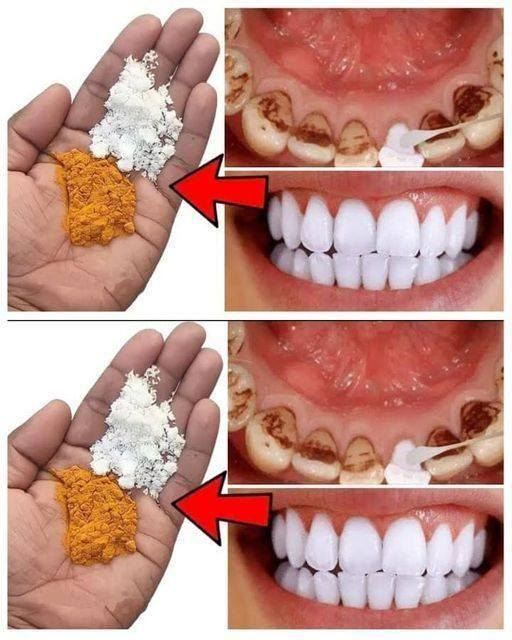3 – Simple Ways To Recognize Possible Body Issues
Different people have different reactions to various situations, substances, or environmental factors.
This is because each person’s body is unique,
shaped by a combination of genetics, lifestyle, diet, and environmental influences.
However, despite these individual differences, it’s important to recognize that the human body functions as a complex, interconnected system.
In such a system, a change or problem in one area can often influence or be linked to another.
1. Notice Persistent Physical Discomfort
-
What to watch for: Ongoing fatigue, frequent pain (e.g., stomachaches, headaches, joint pain), or significant changes in appetite or weight.
-
Why it matters: These could be signs of underlying health issues, stress, or body dysmorphia.
2. Monitor Your Self-Talk and Body Image
-
What to watch for: Negative thoughts like “I hate my body,” constant comparison to others, or obsessing over perceived flaws.
-
Why it matters: This could signal body image issues or early signs of an eating disorder.
3. Pay Attention to Behavioral Changes
-
What to watch for: Avoiding mirrors, wearing baggy clothes to hide your body, skipping meals, or over-exercising.
-
Why it matters: These are common coping behaviors for people struggling with body dissatisfaction or disordered eating.
Tip: If any of these signs feel familiar or ongoing, talking to a healthcare provider or therapist can be a powerful first step toward healing.
Possible Conditions :
-
Hidradenitis Suppurativa (HS): A chronic skin condition causing painful lumps, abscesses, and sinus tracts, often in the armpits or groin.
-
Boils or Abscesses: Often caused by bacterial infections, especially Staph bacteria.
-
Cystic Acne or Infected Cysts: Can occur in sweat gland–dense areas like underarms.
-
Folliculitis: Infected hair follicles due to shaving, sweating, or tight clothing.
When to See a Doctor:
-
Severe pain or swelling
-
Fever or signs of spreading infection
-
Pus discharge, black or green coloration
-
Recurring lumps or wounds that don’t heal
This should not be self-treated at home. It’s important to consult a dermatologist or general physician as soon as possible. Infections like these can worsen without proper care and may require drainage, antibiotics, or even minor surgery.
